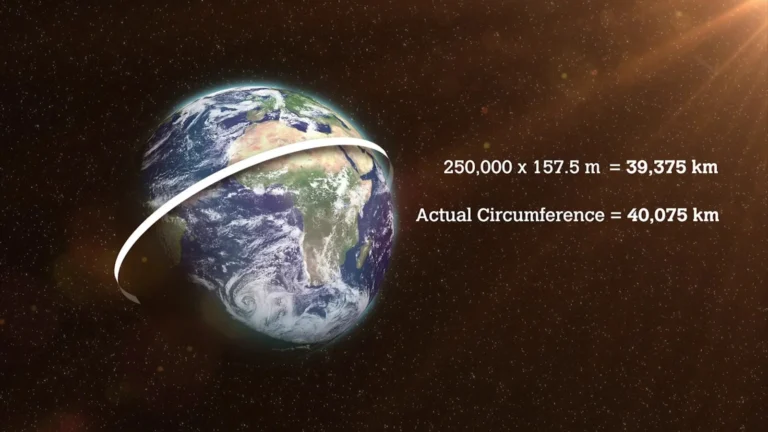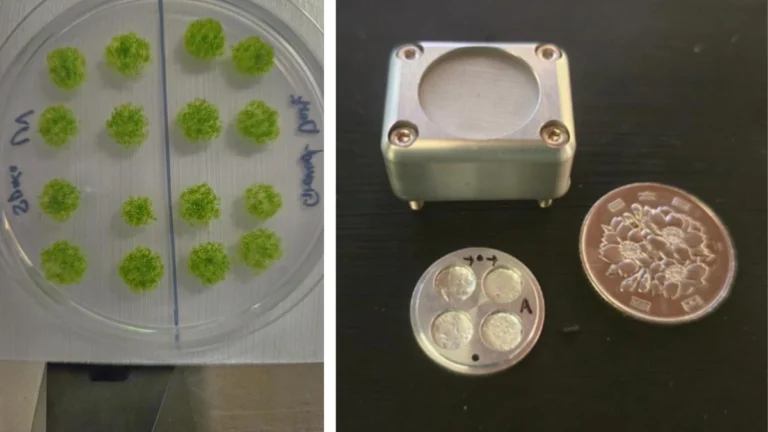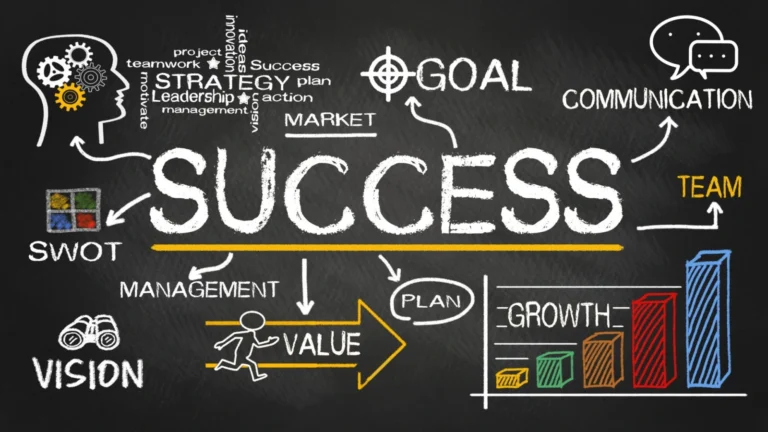
Kidney Disease in India | Urgent News!
Let’s be honest, when we think about health crises in India, kidney disease rarely tops the list. But here’s the thing: it should. What fascinates me is how silently this condition creeps into our lives, often undetected until it’s staring us right in the face. It’s not just a medical problem; it’s a socio-economic challenge, a ticking time bomb affecting families and healthcare systems alike. This isn’t just about statistics; it’s about real people battling a disease that’s more prevalent and insidious than many realize.
The Alarming Rise of Chronic Kidney Disease (CKD)
So, why the surge in chronic kidney disease (CKD) cases across India? The simple answer is, there isn’t one. It’s a complex interplay of factors, a perfect storm brewing for decades. One major culprit is the escalating rates of diabetes and hypertension. These two conditions are like silent assassins, slowly damaging the kidneys over time. A common mistake I see people make is underestimating the importance of managing these conditions proactively. Early detection and consistent management can significantly slow down the progression of kidney disease. According to a study published in the Indian Journal of Nephrology, the prevalence of CKD is estimated to be around 17% in the adult population (National Center for Biotechnology Information) .
But, it doesn’t stop there. Environmental factors like pollution, exposure to heavy metals, and even the indiscriminate use of certain medications contribute to the problem. And then there’s the lifestyle piece – diets high in salt and processed foods, coupled with a lack of physical activity, are exacerbating the risk. What initially thought to be a genetic problem later became an environmental health crisis.
The Socio-Economic Impact: A Hidden Burden
The human cost of kidney failure is immeasurable. But the economic burden is staggering. Dialysis treatment, while life-saving, is expensive and often inaccessible to a large segment of the population. Kidney transplants offer a more sustainable solution, but the availability of organs and the cost of surgery remain significant hurdles. Many families are pushed into debt, selling assets and depleting their savings to afford treatment. The problem is, the disease also affects the workforce, reducing productivity and impacting the overall economy. Accessing affordable healthcare solutions, especially in rural areas, remains a significant challenge. It is a vicious cycle of disease, poverty, and despair.
Prevention is Better Than Cure: Simple Steps, Big Impact
Here’s how we can actually make a difference. Let’s talk prevention. The good news is, many cases of kidney disease in India are preventable. It all starts with awareness and early detection. Regular check-ups, especially for those with diabetes or hypertension, are crucial. But beyond that, it’s about adopting a healthier lifestyle. Reducing salt intake, staying hydrated, maintaining a healthy weight, and engaging in regular physical activity can significantly reduce the risk. Educating communities about these simple yet effective measures is key. A healthy diet with controlled potassium levels plays a huge role in kidney health.
But the one thing you absolutely must double-check is medication use. Over-the-counter pain relievers, for instance, can be harmful to the kidneys if taken excessively. Consult with a doctor before taking any medication, especially if you have pre-existing kidney conditions.
The Role of Technology and Innovation
What fascinates me is the potential of technology to revolutionize kidney care in India. Telemedicine, for instance, can bridge the gap in access to specialists, especially in remote areas. Wearable devices can monitor kidney function and provide early warnings of potential problems. And artificial intelligence can analyze vast amounts of data to identify patterns and predict who is at risk. The use of mobile health (mHealth) technologies and tools to spread awareness related to renal health and kidney disease is getting momentum. The latest innovations in dialysis technology are making treatment more efficient and less burdensome for patients. But technology alone isn’t the answer. It needs to be coupled with policy changes and increased investment in healthcare infrastructure. Also, technology should be affordable for the majority of the Indian population.
The government’s efforts to promote organ donation are commendable, but more needs to be done to raise awareness and address cultural barriers. Streamlining the transplant process and making it more accessible to all is crucial. The power of technology to diagnose and treat renal problems is immense.
Want to read another article? Here’s a similar article for you.
Final Thoughts: A Call to Action
Kidney health awareness cannot be limited to one day.
The challenge is significant, but not insurmountable. By raising awareness, promoting prevention, investing in research, and ensuring equitable access to treatment, we can turn the tide against this silent epidemic. It’s time to move kidney disease from the shadows and into the spotlight, making it a national health priority. This isn’t just about saving lives; it’s about building a healthier, more prosperous India.
FAQ
What are the early symptoms of kidney disease?
Early symptoms can be subtle and often go unnoticed. They may include fatigue, swelling in the ankles and feet, changes in urination, and persistent itching.
What if I have diabetes or high blood pressure?
If you have diabetes or high blood pressure, it’s crucial to get regular kidney check-ups. Manage your blood sugar and blood pressure levels effectively to protect your kidneys.
What if I forgot my application number related to renal checkup?
Contact the healthcare provider or diagnostic center where you scheduled your check-up. They should be able to retrieve your information using your name and other details.
Are there any dietary restrictions for kidney patients?
Yes, dietary restrictions often include limiting salt, potassium, and phosphorus intake. Consult with a registered dietitian to create a personalized meal plan.
How can I find a nephrologist in my area?
You can search online directories, ask your primary care physician for a referral, or contact local hospitals and clinics.
What are the latest advancements in kidney disease treatment?
Advancements include new dialysis techniques, improved immunosuppressant drugs for transplant recipients, and research into regenerative medicine therapies.







